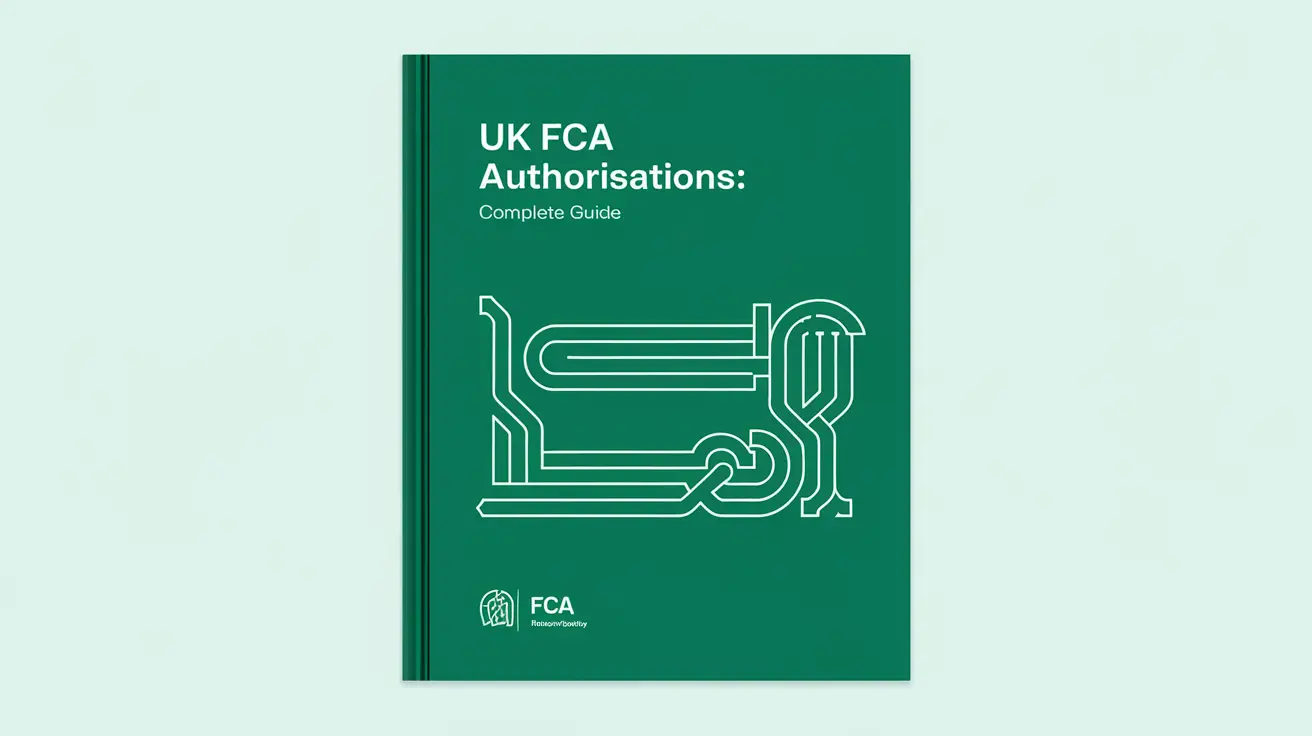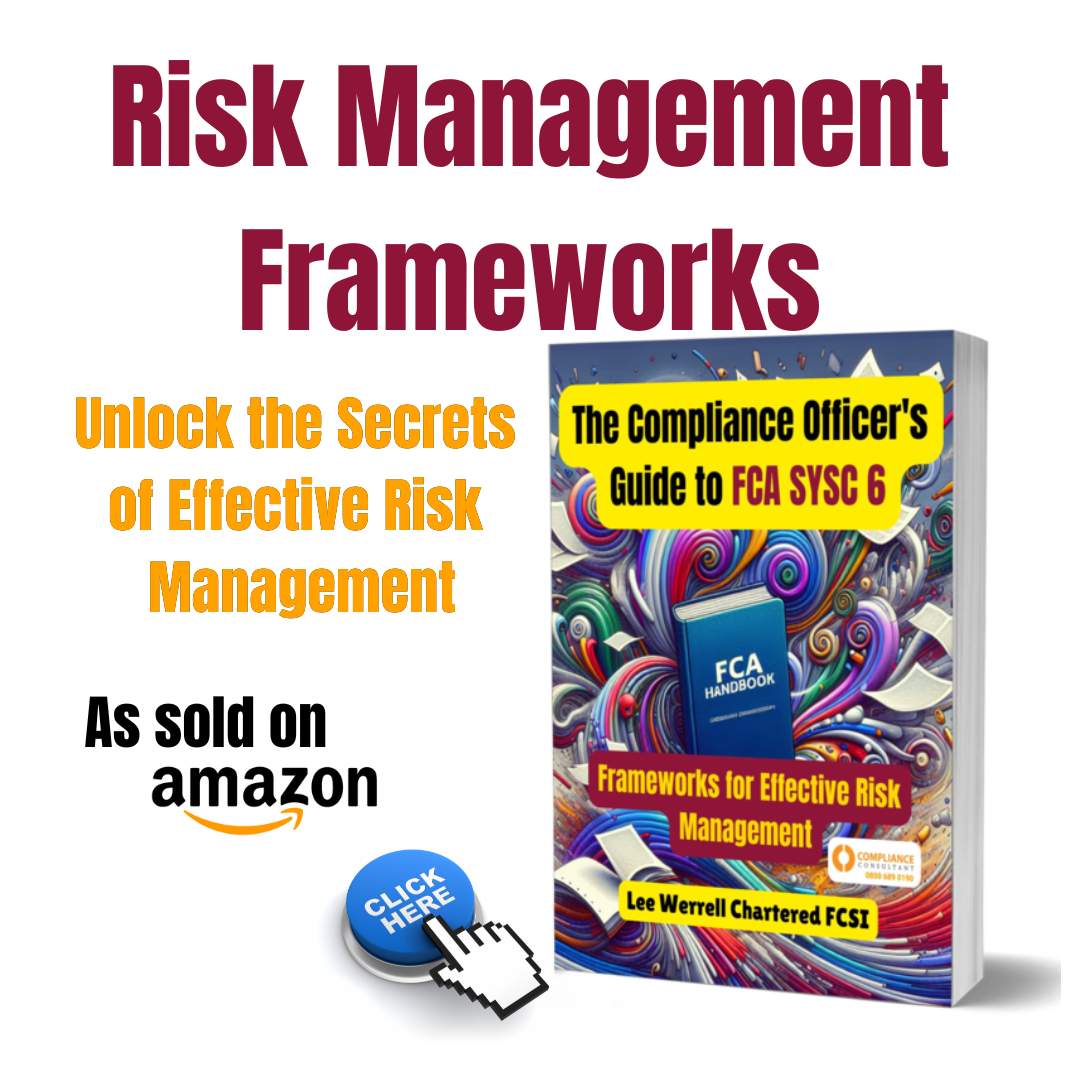
The Financial Conduct Authority (FCA) plays a central role in regulating businesses operating within the UK’s financial services sector. For organisations wishing to offer regulated activities—whether this involves insurance broking, investment advice, or consumer credit—it is imperative to obtain FCA authorisation. However, this process is far from straightforward; it requires thorough planning, an in-depth understanding of regulatory obligations, and effective implementation of structured compliance frameworks.
Gaining FCA authorisation is not just about ticking boxes; it signifies a firm’s commitment to operating ethically and transparently, instilling confidence in customers and stakeholders alike. But if you’re wondering where to start, this detailed step-by-step guide provides the roadmap you need to simplify and demystify the FCA authorisation process. Get ready to learn how to navigate application procedures, meet stringent requirements, and strengthen your position in the regulated financial landscape.
Whether you’re launching a new business, expanding your operations, or adapting to regulatory changes, this guide will leave no stone unturned. With over 2000 words of detailed, actionable advice, this comprehensive resource is designed to help your firm secure FCA authorisation seamlessly.
What is FCA Authorisation?
Before we dive into the nitty-gritty, let’s clarify what FCA authorisation entails. Obtaining authorisation grants your business the legal permission to perform regulated activities under the FCA’s jurisdiction. From assessing your business model to risk mitigation, the FCA scrutinises every aspect of an organisation to ensure it aligns with its principles of integrity, transparency, and customer protection.
Why is FCA Authorisation Important for Businesses?
FCA authorisation ensures that businesses operate within the law while safeguarding consumers. Without it, companies conducting regulated activities are in breach of legal requirements. This could lead to hefty fines, reputational damage, or a complete shutdown of operations. Authorisation provides credibility, fosters trust, and allows businesses to build strong, long-term customer relationships.
Some regulated activities requiring FCA authorisation include:
- Insurance advice and broking.
- Mortgage lending or broking.
- Investment services.
- Consumer credit activities (e.g., payday loans).
Step 1: Verify if You Need FCA Authorisation
Not every financial activity falls within the regulated parameters of the FCA. Determining if your business requires authorisation is a crucial first step. The FCA handbook outlines a range of activities that necessitate regulation, including accepting deposits, arranging deals in investments, and providing consumer credit.
Start by reviewing the following key questions:
- Does your business involve managing financial risk or offering financial advice?
- Are you handling investments, credit, or mortgages?
- Do you intend to deal in or arrange regulated products?
If the answer to any of these is “yes,” FCA authorisation is likely required. Be sure to consult the FCA’s Perimeter Guidance Manual (PERG) for precise guidance.
Step 2: Understand the Eligibility Requirements
Once you confirm your business needs FCA authorisation, the next logical step is understanding the FCA’s expectations. The FCA assesses applications based on a strict set of criteria referred to as the “Threshold Conditions.” These include:
- Location of Offices: Your registered office must be located in the UK.
- Effective Supervision: Your firm must be structured to allow the FCA to effectively supervise its operations.
- Appropriate Resources: Financial and non-financial resources must adequately cover your business’s needs.
- Suitability: Directors, key staff, and stakeholders must be deemed “fit and proper” based on experience, qualifications, and background checks.
- Business Model: You must demonstrate a well-defined, sustainable business model congruent with regulatory expectations.
Make sure your firm is well-prepared to provide evidence of each requirement during the application process.
Step 3: Prepare a Thorough Business Plan 
A detailed and comprehensive business plan lies at the heart of a strong FCA application. This document should clearly outline your business objectives, model, revenue streams, operational structure, and compliance strategy. Make sure your business plan demonstrates:
- Long-term sustainability.
- Alignment with FCA principles.
- Robust risk management frameworks.
Include a description of your target audience, marketing strategies, and financial forecasts to assure the FCA that you’ve considered every angle of your venture.
Step 4: Appoint a Compliance Officer
Compliance is the foundation of FCA authorisation. The FCA requires every firm to appoint approved persons for key roles, one of which is the compliance officer. This individual is responsible for ensuring your firm adheres to all relevant regulatory obligations.
Additionally, you may need to appoint individuals to other roles under the Senior Managers and Certification Regime (SM&CR), such as the Chief Executive or Chief Finance Officer. Ensure these individuals pass the FCA’s “fit and proper” test, which involves:
- Criminal background checks.
- Verification of qualifications.
- Assessment of relevant experience.
 Step 5: Build an FCA-Compliant Operational Framework
Step 5: Build an FCA-Compliant Operational Framework
Operational readiness is critical to obtaining FCA approval. This includes everything from data protection policies to financial crime mitigation procedures. Here are key aspects to focus on:
- Anti-Money Laundering (AML) Policies: Implement robust mechanisms to prevent financial crimes.
- Data Protection: Ensure compliance with GDPR regulations.
- Internal Controls: Establish a clear chain of accountability within your team.
- Complaint Handling Procedures: Develop transparent systems for resolving disputes effectively.
Pay special attention to your firm’s financial resilience. You’ll need to prove that your firm is adequately capitalised and capable of weathering economic uncertainties.
Step 6: Complete the FCA Application Form
The application itself is a full-scale exercise in diligence. Depending on your business type, you’ll need to complete one of the following:
- Form A: For individuals seeking approved person status.
- Form E: For responsibility transfers within the SM&CR framework.
- Variation of Permissions (VoP): For expanding or altering your firm’s permissions.
Prepare to submit detailed evidence alongside your application, including:
- Financial accounts.
- Business models and policies.
- Details of your directors and senior managers.
Applications can be submitted through the FCA’s Connect platform, where you’ll also pay the relevant fees (£1,500 to £25,000, depending on your firm size and activities).
Step 7: Respond Promptly to FCA Queries
The FCA conducts stringent due diligence on every application, often issuing follow-up queries or requests for clarification. Swift, detailed responses are essential to avoid delays. Applications can take between 6 to 12 months for approval, depending on their complexity.
Step 8: Prepare for Post-Approval Obligations
Securing FCA authorisation is only the beginning. Firms must uphold ongoing obligations, including:
- Monthly, quarterly, or annual reporting to the FCA.
- Continuous adherence to the FCA’s Principles for Businesses.
- Regular compliance audits.
Failing to meet these obligations could result in penalty fines or withdrawal of authorisation.
FAQs About FCA Authorisation
- How long does FCA authorisation take?
Approval can take 6-12 months, depending on the complexity of the application. - What are the costs involved?
Application fees range from £1,500 to £25,000. Additional costs include hiring a compliance consultant if needed. - Can my application be rejected?
Yes, applications are rejected if firms fail to meet the FCA’s stringent requirements or provide incomplete information. - What is the FCA’s Connect platform?
Connect is the FCA’s online portal for managing authorisation applications and permissions updates. - Is FCA authorisation transferable?
No, FCA authorisation is firm-specific. Acquiring authorisation for one business cannot be transferred to another.
To Contact Us
Tel; UK 0800 689 0190,
International +44 207 097 1434
Email: info@complianceconsultant.org
If you’d like us to contact you to discuss your specific situation and how we may be able to help,
please provide your contact details using the form below and a member of our team will get in touch.
You may also be interested in;
🔑 UK FCA Authorisations: Complete Guide
What Does FCA Authorisation Mean for Businesses?
Step-by-Step Guide to FCA Authorisation
Businesses That Require FCA Authorisation in the UK
🔑 FCA Authorisation Process Explained
Documentation Required for FCA Authorisation
Common Challenges During FCA Authorisation Process
How to Prepare a Winning FCA Application
🔑 FCA Approved Persons
How to Apply to Become an FCA Approved Person
The Roles and Responsibilities of FCA Approved Persons
FCA Certification Regime for Approved Persons
🔑 Types of FCA Authorisations
Consumer Credit FCA Authorisation: A Step-by-Step Guide
What FCA Authorisation Means for E-Money Institutions
FCA Authorisation for Payment Services Providers
🔑 FCA Registration Fees & Costs
Small Firms vs Large Firms: FCA Authorisation Fee Breakdown
Understanding Ongoing FCA Compliance Costs
Are There Hidden Costs in the FCA Approval Process?
🔑 FCA Handbook Simplified
What Is the FCA Handbook? A Beginner’s Guide
Key Rules in SYSC (Systems and Controls) Regulations
How to Navigate FCA Conduct of Business Rules (COBS)
🔑 How Long Does FCA Authorisation Take?
Average Processing Times for FCA Applications in 2025
Common Delays in FCA Authorisation Processing
FCA Fast-Track Applications for Critical Business Timelines
🔑 FCA Compliance Monitoring Explained
Creating an FCA Compliance Monitoring Plan
FCA Reporting Obligations by Firm Type
Best FCA Compliance Monitoring Software
🔑 FCA Regulatory Updates for 2025
Major FCA Regulatory Changes You Need to Know in 2025
Preparing Your Business for FCA Regulation Changes in 2025
Simple Guide to Understanding FCA ESG Requirements
🔑 FCA Application Rejections
Common Reasons FCA Applications Get Rejected
How to Appeal an FCA Rejection
How to Successfully Resubmit Your FCA Application
